India and Pakistan Saturday agreed to stop firing and military action from 5 pm today.
“DGMO (Director General of Military Operations) of Pakistan called up DGMO (of India) at 3.35 pm. They agreed that both sides will stop all firing and military action from land, air and sea from 5 pm onwards,” Foreign Secretary Vikram Misri said, adding that the DGMOS will talk again at noon on May 12.
External Affairs Minister S Jaishankar also posted on X that “India and Pakistan have today worked out an understanding on stoppage of firing and military action.
Source: The Indian Express.
The India–Pakistan ceasefire agreements refer to a series of military agreements and understandings aimed at halting hostilities and reducing tensions, especially along the Line of Control (LOC) in Jammu and Kashmir, a region claimed by both nations.
On May 10, 2025, India and Pakistan agreed to a full and immediate ceasefire, concluding the most intense military confrontation between the two nations in over four decades. The conflict was triggered by a terrorist attack on April 22 in Pahalgam, Indian-administered Kashmir, where 26 tourists were killed. India attributed the attack to a Pakistan-based militant group, a claim Pakistan denied. The ensuing weeks saw a rapid escalation, including cross-border missile and drone strikes, resulting in significant civilian casualties and damage to infrastructure on both sides.
Ceasefire Agreement Details:
- Announcement: The ceasefire was announced by U.S. President Donald Trump following overnight negotiations mediated by the United States, with additional diplomatic support from the United Kingdom, Saudi Arabia, and Turkey.
- Effective Time: The ceasefire took effect at 5:00 PM IST on May 10, 2025.
- Scope: Both nations agreed to halt all military actions by land, air, and sea.
- Diplomatic Engagement: High-level military talks are scheduled to resume on May 12, aiming to address underlying issues and prevent future escalations.
Reactions and Implications:
- India's Stance: Indian Prime Minister Narendra Modi emphasised that the ceasefire was agreed upon under India's terms, maintaining a firm stance against terrorism.
- Pakistan's Position: Pakistani Foreign Minister Ishaq Dar confirmed the ceasefire, reiterating Pakistan's commitment to regional peace without compromising its sovereignty.
- International Response: Global actors, including the G7, China, and the European Union, welcomed the ceasefire and urged both nations to engage in sustained dialogue to resolve longstanding disputes.
Outstanding Issues:
- Indus Waters Treaty: India's suspension of the Indus Waters Treaty remains in effect, signalling ongoing tensions over water-sharing agreements.
- Diplomatic Relations: While the ceasefire has halted active hostilities, direct diplomatic talks between India and Pakistan have yet to commence, indicating that underlying issues remain unresolved.
The ceasefire marks a critical step toward de-escalation, but the situation remains fragile. Continued diplomatic efforts and confidence-building measures will be essential to ensure lasting peace between the two nuclear-armed neighbours.
What you need to know
India and Pakistan have agreed to a full and immediate ceasefire. President Trump said it came after a “long night of talks mediated by the US”
The two countries earlier accused each other of targeting military airbases as tensions escalated
A South Asia expert said that the India-Pakistan conflict had not reached this level of intensity in 40 years
Global powers, including the G7, which the UK is part of, the US and China, urged India and Pakistan to show maximum restraint, re-establish direct communication and de-escalate.
Source: The Times
Water treaty still suspended despite ceasefire
The Indus Waters Treaty between Pakistan and India remains suspended, despite the agreement of a ceasefire, according to Reuters.
The treaty, which was agreed in 1960, regulates the sharing of water from the Indus river basin and its tributaries. India pulled out of the agreement last month after an attack on tourists in Kashmir that led to the latest conflict.
This week, the Indian foreign secretary said New Delhi would not reverse its decision until Islamabad “credibly” ends alleged cross-border militancy. Pakistan’s prime minister, Shehbaz Sharif, said any move to block or divert water would be “considered an act of war”.
No religious sites targeted by Indian forces, commander says
In a press conference announcing the ceasefire, an Indian military spokeswoman accused Pakistan of running a “misinformation campaign”.
Wing Commander Vyomika Singh refuted suggestions that India had targeted religious sites during the hostilities.
“We hold every place of worship of all faiths in the highest regard,” she said. “No religious sites have been targeted by the Indian armed forces.”
Source: The Times
Pakistan reopens airspace
Pakistan has reopened its airspace after the announcement of a ceasefire agreement with India, according to the Pakistan Airports Authority (PAA).
India confirms ceasefire with Pakistan
Vikram Misri, India’s foreign secretary, has also confirmed that a ceasefire has been agreed.
In a short statement, he said that “both sides would stop all fighting and military action on land, air and sea with effect from 17.00 Indian standard time today (11.30 GMT)”.
He added that the directors general of military operations in India and Pakistan will reconvene for further discussions on Monday at noon.


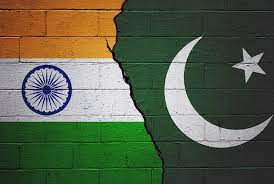
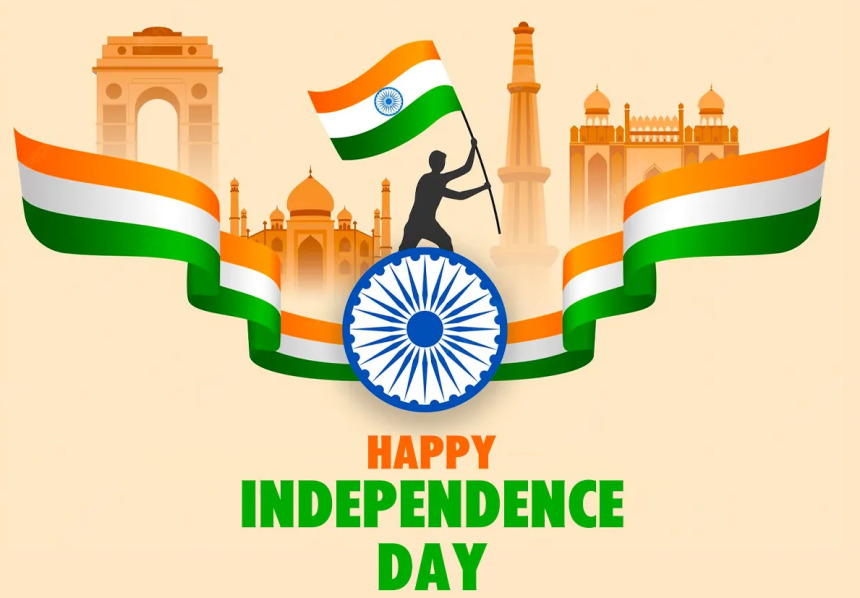

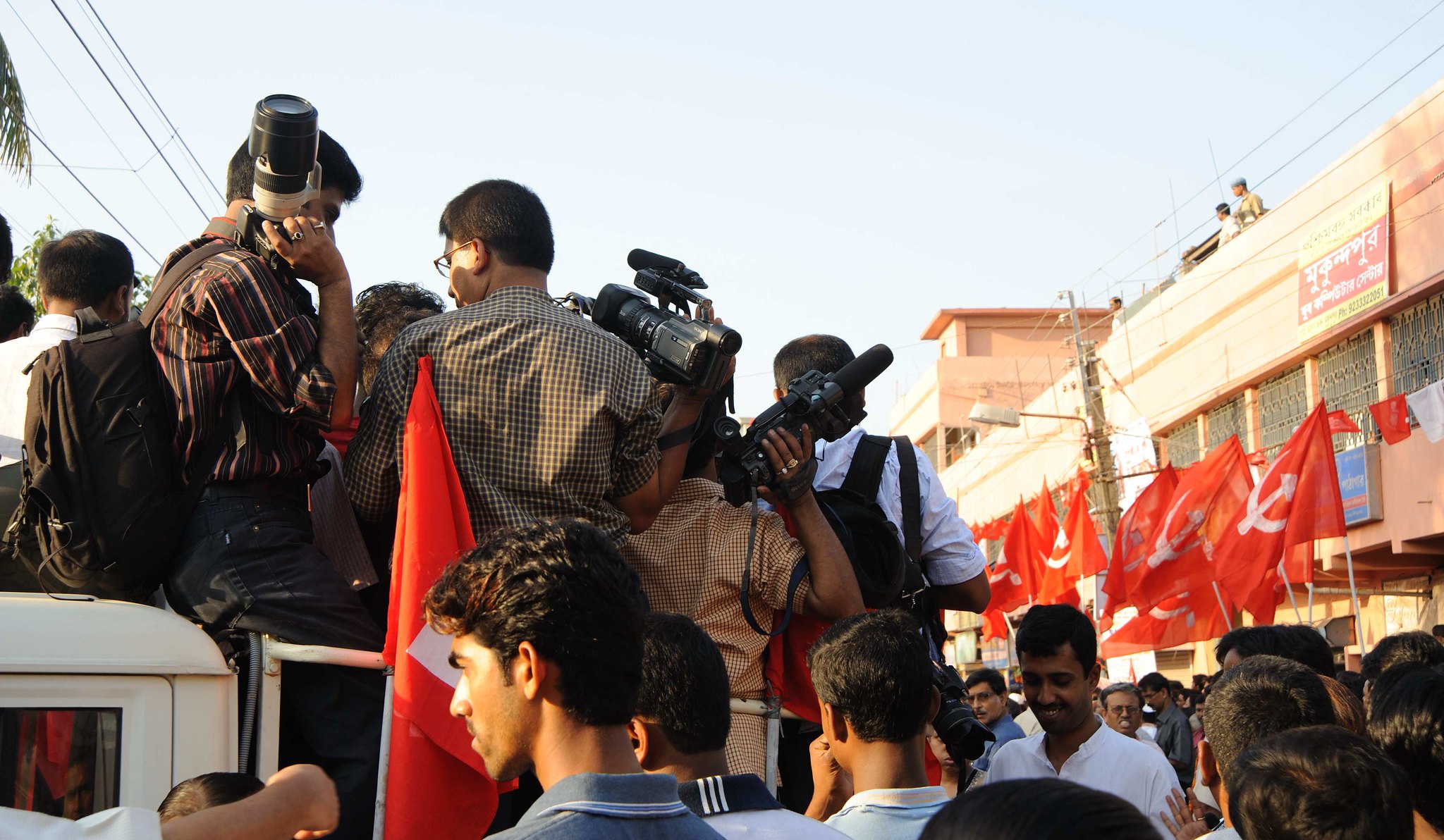
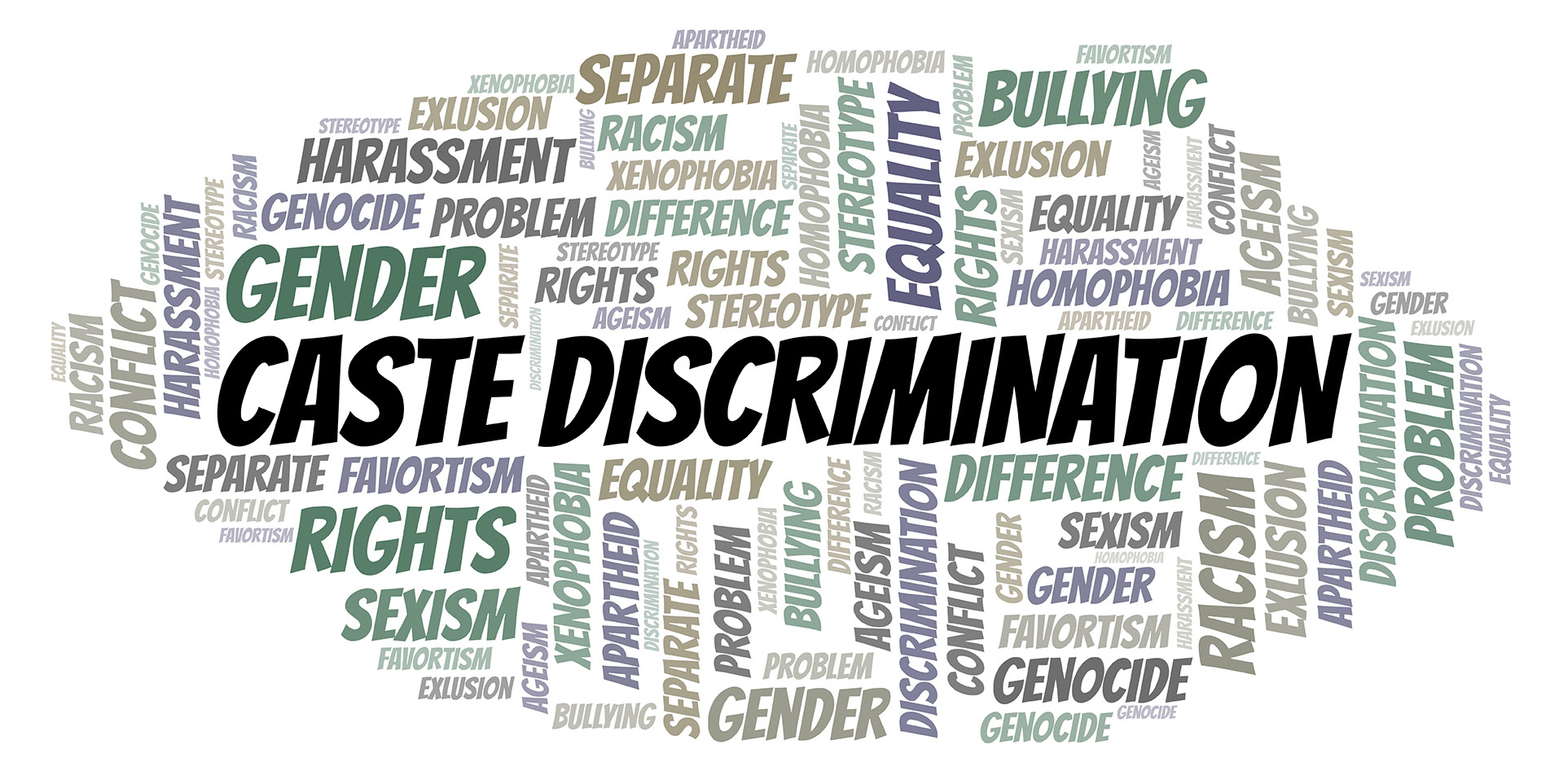



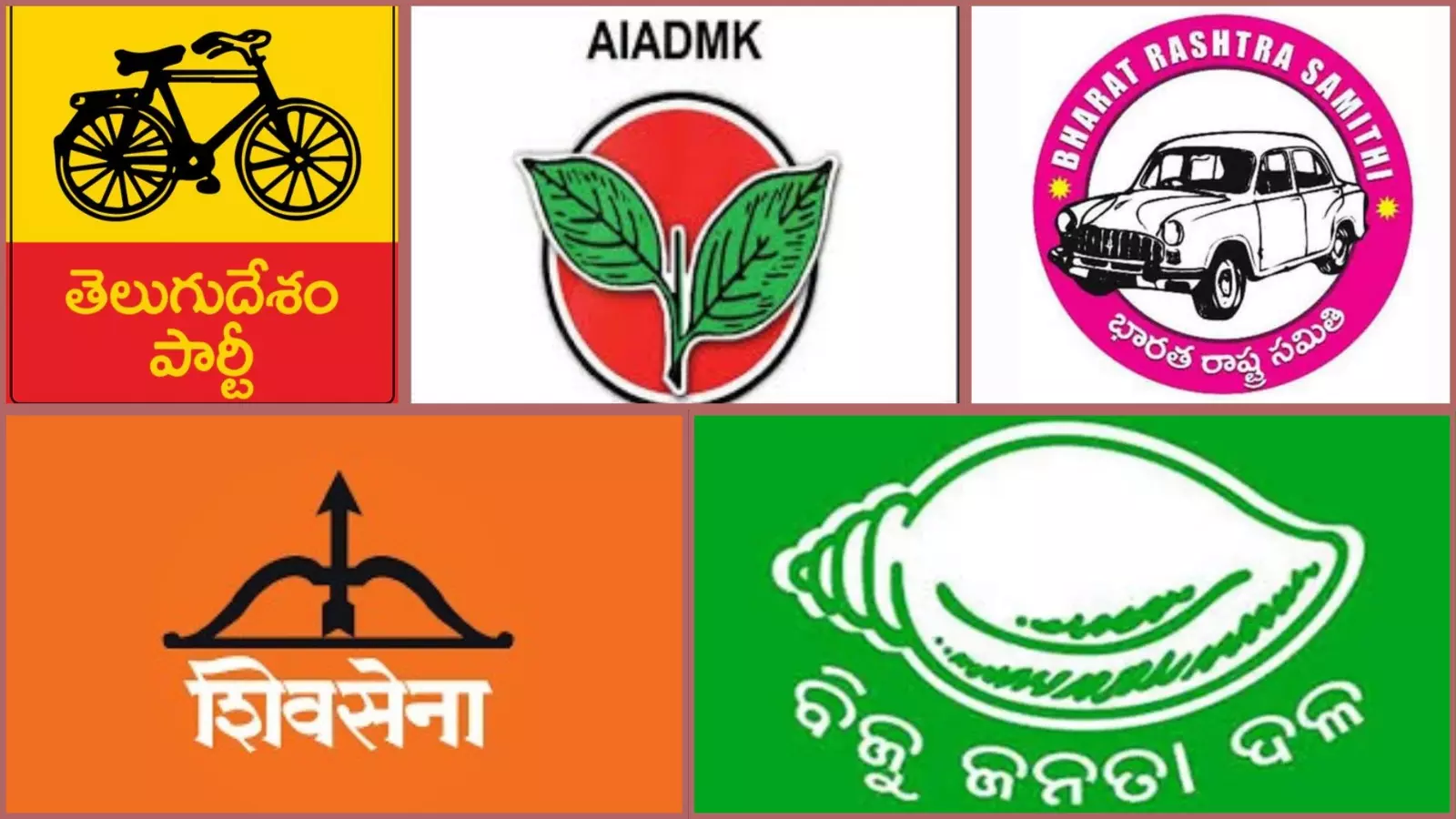

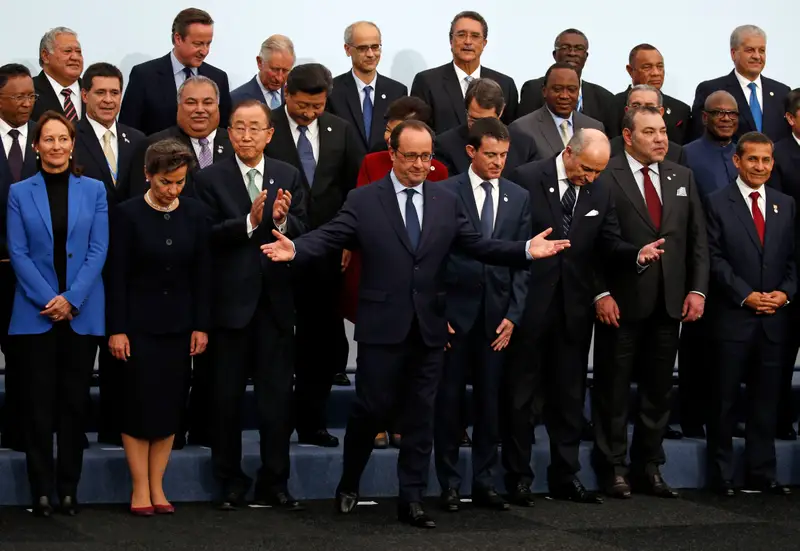
Recent Comments
No comments yet.